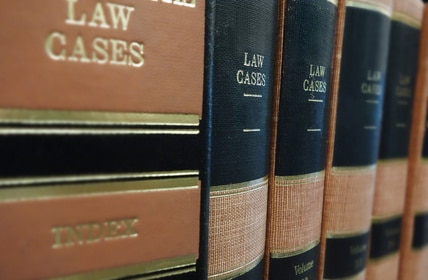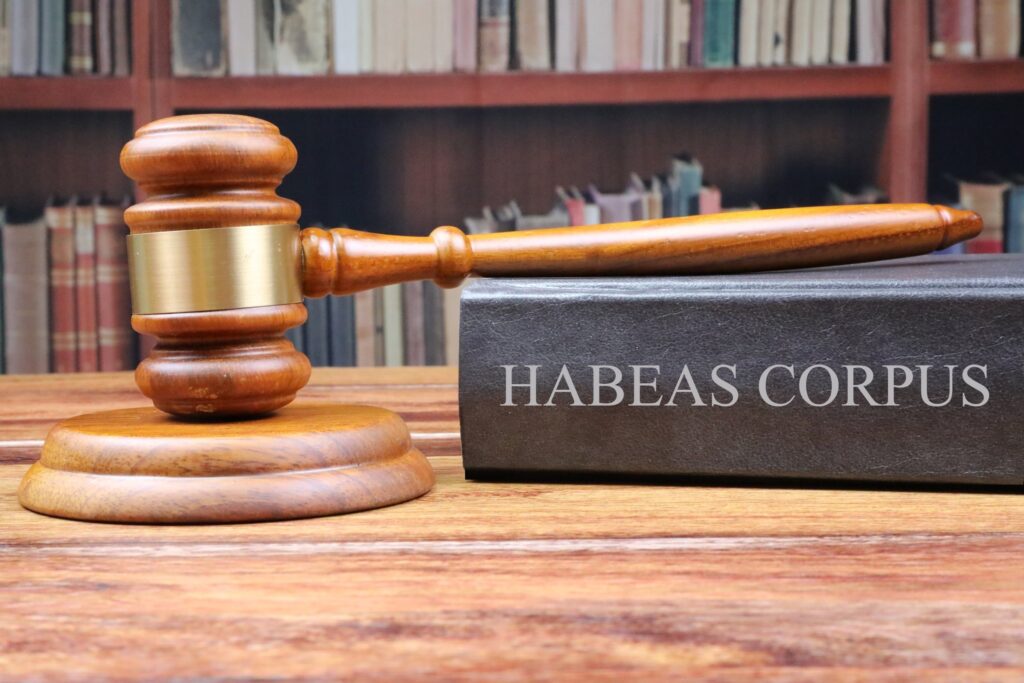Lawyer's Guide to Habeas Corpus: Safeguarding Your Freedom and Rights
Lawyer's Guide to Habeas Corpus: Safeguarding Your Freedom and Rights
Blog Article
Understanding the Function of a Post-Conviction Legal Representative in Seeking Justice After a Criminal Conviction
In the complicated landscape of post-conviction lawful process, the role of a post-conviction lawyer is crucial in browsing the path to justice after a criminal sentence. Past the confines of a trial, these legal professionals participate in a multifaceted approach targeted at discovering new evidence, difficult lawful errors, and supporting for their customers' civil liberties. The details of post-conviction job need a blend of lawful acumen, investigative abilities, and critical believing to unwind the complexities of a situation and go after opportunities that may have been forgotten or underexplored. As the search of justice expands past the boundaries of preliminary procedures, the function of a post-conviction attorney becomes a sign of hope for those looking for to correct injustices and redeem their civil liberties within the legal system.
Post-Conviction Legal representative's Investigatory Job
Post-conviction lawyers engage in meticulous investigative job to reveal new proof, step-by-step mistakes, or misbehavior that might potentially result in overturning a sentence. This investigative stage is crucial in the post-conviction procedure as it aims to recognize any ignored information or legal errors that might have influenced the outcome of the preliminary test. Post-conviction lawyers explore situation files, witness testaments, and legal paperwork with a fine-tooth comb, looking for any kind of disparities or irregularities that might be grounds for allure.
Through extensive examination, post-conviction lawyers aim to drop light on potential injustices that might have occurred during the initial trial. By looking at every aspect of the legal proceedings, post-conviction lawyers work tirelessly to discover any factors that may have influenced the decision.
Crafting Appeals and Petitions
In the search of justice after a conviction, competent lawyers diligently craft appeals and petitions to present compelling debates for the reconsideration of legal choices. Crafting charms and requests needs a deep understanding of the lawful system, attention to information, and critical reasoning. Post-conviction lawyers assess trial records, determine potential errors or offenses of legal rights, and establish legal debates to test the sentence or sentence.
When crafting an allure, lawyers focus on highlighting lawful mistakes that may have affected the outcome of the case. They investigate situation law, statutes, and lawful precedents to sustain their disagreements. Applications, on the other hand, may include providing new proof that was not offered throughout the trial or showing adjustments in the law that warrant a testimonial of the conviction.
Additionally, post-conviction attorneys have to comply with stringent procedural rules and deadlines when filing allures and petitions. They must offer their disagreements clearly and persuasively to convince the court to approve relief to their clients. Via meticulous crafting of charms and requests, post-conviction attorneys aim to secure justice for individuals that have actually been wrongfully convicted or unjustly sentenced.

Pursuing Post-Conviction Alleviation
Looking for relief after a conviction calls for a strategic and attentive technique by knowledgeable attorneys. Post-conviction alleviation encompasses a variety of lawful devices created to challenge the validity of a sentence or sentence (wyoming federal habeas corpus lawyers). These opportunities consist of submitting movements for a brand-new test, seeking charms, looking for writs of habeas corpus, and providing newly discovered evidence. Post-conviction legal representatives play a vital duty in navigating these complicated treatments, ensuring that all lawful choices are explored to rectify injustices that might have occurred throughout the test or sentencing phase.
One typical form of post-conviction alleviation is filing a petition for post-conviction alleviation, usually based on cases of inadequate assistance of advice, prosecutorial misconduct, recently discovered proof, or constitutional violations. Experienced post-conviction attorneys have the abilities and understanding required to identify practical legal cases, perform investigations, and existing engaging arguments to protect alleviation for their clients.
Utilizing Forensic Evidence
When testing a sentence or sentence, the critical utilization of forensic proof can be an effective device in post-conviction legal proceedings. Forensic evidence includes a vast array of clinical methods made use of to examine crimes and establish truths in court. Post-conviction legal representatives can utilize forensic proof to challenge the legitimacy of convictions by offering brand-new clinical findings that were not available during the original trial.

Engaging in Sentence Modifications
Post-conviction legal representatives might explore the possibility of sentence adjustments as a legal opportunity to deal with disproportionate or unjust sentences bied far in criminal instances. Sentence adjustments entail looking for modifications to the terms of click to read more an offender's sentence after a conviction has happened. These adjustments can consist of minimizing the size of a sentence, modifying the sort of penalty imposed, or discovering different sentencing options.
Post-conviction lawyers can pursue sentence modifications with different legal devices, such as submitting motions for sentence reduction, appealing for thoughtful release, or bargaining plea bargains for decreased sentences. They need to very carefully evaluate the situations of the case, analyze the legal premises for looking for a modification, and existing compelling debates to the court supporting the demand for a revised sentence.
Taking part in sentence alterations calls for a detailed understanding of criminal legislation, sentencing standards, and the certain treatments associated with seeking post-conviction relief. Post-conviction legal representatives play an important function in supporting for reasonable and simply outcomes by challenging sentences that are unduly extreme or do not align with the principles of justice.
Verdict
To conclude, the duty of a post-conviction lawyer is critical in seeking justice after a criminal conviction. Through investigative job, crafting charms and applications, seeking post-conviction relief, using forensic proof, and participating in sentence adjustments, these lawyers play a crucial duty in supporting for their customers and making sure that their rights are maintained within the criminal justice system. Their dedication and knowledge are crucial in browsing the complexities of post-conviction procedures and achieving a fair end result for people facing criminal sentences.
Report this page